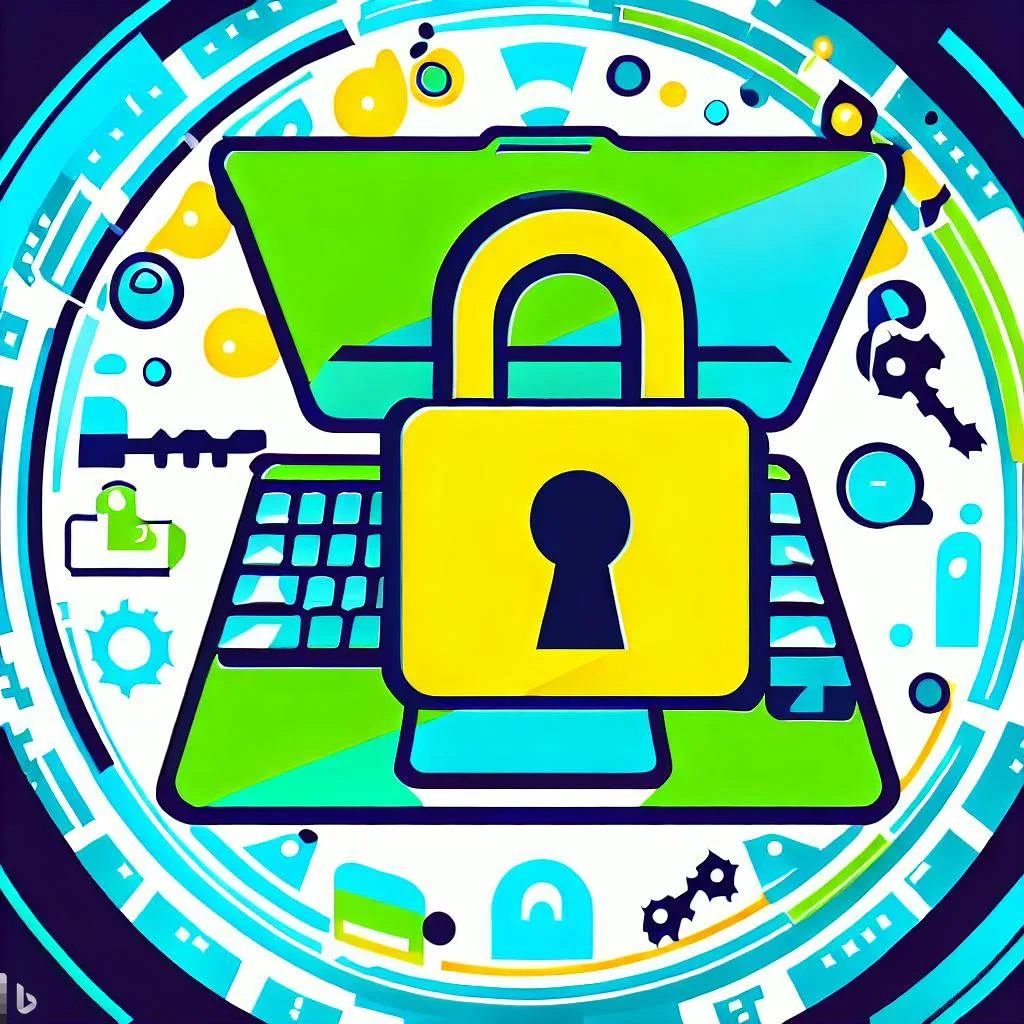Learning that your password has been compromised is concerning, but there are steps you can take to protect your personal and financial information. Here’s a consolidated list of actions to take:
Advertisement
- Change Your Passwords: Immediately change your passwords for all accounts that may have been compromised. Use strong, unique passwords for each account. Avoid using the same password across multiple sites. Aim for passwords that are at least 8 to 12 characters long, including a mix of uppercase and lowercase letters, numbers, and symbols [1][2][5].
- Enable Two-Factor Authentication (2FA): Set up two-factor authentication for your accounts whenever possible. This adds an extra layer of security by requiring a second form of verification, such as a code sent to your phone, in addition to your password [1][5].
- Secure Your Accounts: Update your security questions and answers for your accounts. Review your account settings to ensure they are configured securely, such as disabling automatic login and enabling session timeouts [2].
- Monitor Your Accounts: Regularly check your accounts for any unusual activity. Be vigilant for transactions or changes that you did not authorize. Report any suspicious activity to your bank or service provider immediately [2].
- Review Credit Reports: Check your credit reports for any unauthorized accounts or inquiries. You can request free credit reports from major credit bureaus annually. Look for signs of identity theft, such as new accounts opened in your name or incorrect personal information [2].
- Notify Financial Institutions: Contact your bank and other financial institutions to inform them of the breach. They may take additional steps to protect your accounts, such as freezing your credit cards or closing accounts temporarily [2].
- Consider Fraud Alerts and Credit Monitoring: Place fraud alerts on your credit reports to prevent identity thieves from opening new accounts in your name. Consider signing up for credit monitoring services to continuously watch for suspicious activity [2].
- Report the Breach: If you suspect your personal information has been compromised, report the incident to local law enforcement agencies. Also, contact the Federal Trade Commission (FTC) through IDtheft.gov to report identity theft and get a recovery plan [2].
- Stay Vigilant: Continue to monitor your accounts closely for any signs of fraudulent activity. Be cautious of phishing attempts and scams that may exploit the breach [2].
- Educate Others: Share information about the breach with family members and friends, advising them to take similar precautions to protect their own accounts [2].
By following these steps, you can take proactive measures to protect your personal and financial information in the wake of a data breach.
Further reading ...
- https://www.fultonbank.com/Education-Center/Privacy-and-Security/personal-data-breach-tips
- https://www.aura.com/learn/what-to-do-after-a-data-breach
- https://ptg.tech/data-breaches-and-password-security-steps-for-recovery/
- https://www.quora.com/What-are-the-essential-steps-to-take-after-discovering-a-cyber-security-breach-has-occurred
- https://lifelock.norton.com/learn/data-breaches/steps-to-take-right-after-a-data-breach
- https://www.experian.com/blogs/ask-experian/data-breach-five-things-to-do-after-your-information-has-been-stolen/
- https://www.quora.com/What-s-the-best-thing-I-can-do-after-finding-out-that-many-of-my-accounts-and-passwords-have-been-compromised
- https://spycloud.com/blog/what-to-do-password-exposed-data-breach/ [9] https://amtrustfinancial.com/blog/insurance-products/what-to-do-after-a-data-breach-or-cyber-attack




![Crafting Unforgettable Passwords: A Guide for Developers A string of random characters typically has higher entropy compared to a few common words due to the vast number of possible combinations. For example, a 10-character lowercase password has roughly the same entropy as a 4-word passphrase picked from a 5000-word dictionary [5].](https://passwordclinic.com/wp-content/uploads/2024/06/automation-section-3-150x150.webp)




![At [Company Name], we recognize the importance of securing our digital assets and protecting sensitive information. One of the primary ways we safeguard our systems is through the effective use of passwords. This policy outlines the standards and procedures for creating, managing, and protecting passwords within our organization.](https://passwordclinic.com/wp-content/uploads/2024/06/OIG3-59.jpg)

